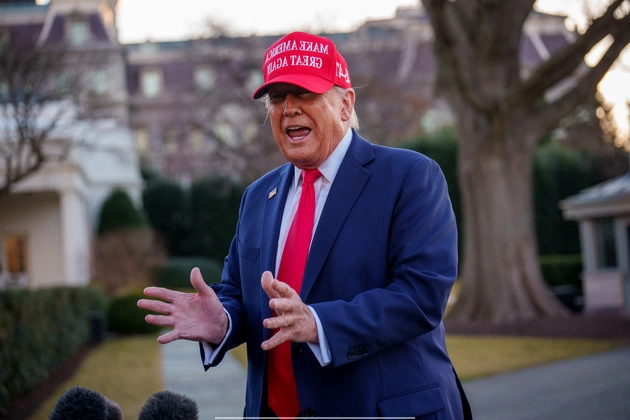
JD Vance recently met with the leader of the far-right German political party, which has been receiving support from Elon Musk. The meeting took place in Munich during a security conference where Vance criticized Europe’s immigration policies and censorship of free speech, particularly targeting right-leaning individuals and parties.
Exploring Political Alliances
During his visit, Vance engaged with leaders from all four major German political parties, including a meeting with Alice Weidel, the head of the Alternative for Germany (AFD) party. This encounter comes in the context of Musk’s public endorsement of AFD in the lead-up to Germany’s upcoming election.
Notably, Musk’s involvement in supporting AFD has raised concerns about foreign influence in the election process. Despite criticisms, Vance defended Musk’s actions, drawing parallels between the billionaire and other prominent figures in the public eye.
Controversy and Criticisms
The convergence of Vance, Musk, and the AFD leader has sparked controversy and drawn attention to the complexities of political alliances and international relations. While the specifics of Vance and Weidel’s discussion remain undisclosed, the implications of their meeting continue to resonate.
As the world watches the unfolding dynamics between influential figures and political entities, the intersection of business, politics, and personal beliefs remains a subject of scrutiny and debate.
Looking Ahead
As the story develops, it underscores the interconnected nature of global affairs and the impact of high-profile endorsements in shaping public perception and political outcomes. The ongoing dialogue surrounding Vance’s diplomatic engagements sheds light on the nuanced landscape of contemporary politics.















